You can thrive in Japan without speaking Japanese, based on many experiences. In reality, the great majority of foreigners who now live in and enjoy Japan arrived knowing little or nothing about the language. Nonetheless, many of them have learned the language over time in order to become more integrated into society.
Continue reading to learn how-to live-in Japan and the limitations you may face if you only understand English or a little of the local Japanese language.

Is it Possible to Reside in Japan Without Knowing Japanese?
It is undeniably simpler to live in Japan than working in Japan without knowing the language. You’ll undoubtedly face some difficulties, particularly when it comes to more adult responsibilities such as opening bank accounts or paying utilities.
However, this is becoming easier by the year as more companies and local governments work to accommodate foreigners in Japan.
You also have access to many applications and other resources, such as Google translate, language websites, and online ex-pat groups, which may likely provide you with answers or guidance for practically any problem even if you don’t speak Japanese.
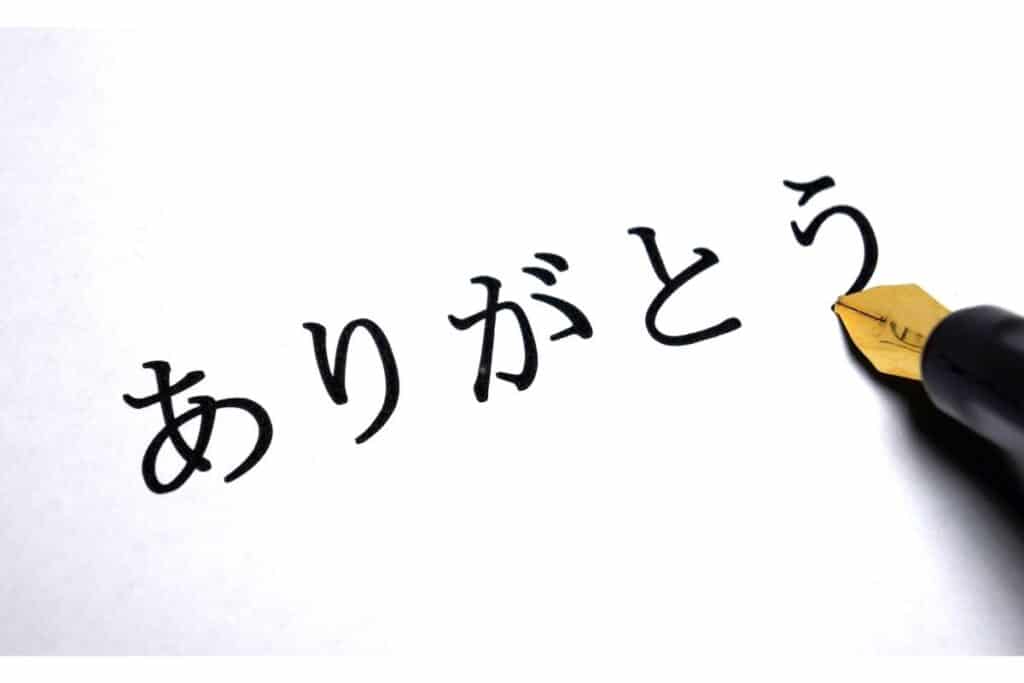
Is it Possible to Work in Japan and Only Speak English?
Working in Japan without knowing the language is conceivable, but your possibilities will be restricted. Newcomers to Japan frequently choose to teach English at private English language schools or eikaiwa.
Since these schools strive for a genuine, “English-only” atmosphere, they prefer that their teachers do not speak Japanese.
Unfortunately, teaching English in Japan today will result in a usual low wage cap and limited opportunities for advancement.

Many people utilize this work as a safe place to stay for a year or two before returning to their home countries or steppingstones to their next job in Japan.
Recruiting, sometimes known as headhunting, is another option. These positions may pay more. However, they usually have a modest base salary with performance-based commission bonuses.
As a result, these jobs can be highly stressful, but they can also be quite rewarding, especially if you have a suitable, highly motivated sales ability.
What is the English Language’s Function in Japan?
English is primarily used in Japan to converse with foreign tourists, particularly non-Asian foreigners, with the exception of sporadic romaji interpolated throughout kanji and kana.
Many travelers question if people in Japan speak English. Most English-speaking Japanese locals tend to work in the tourism industry and only speak English when necessary.
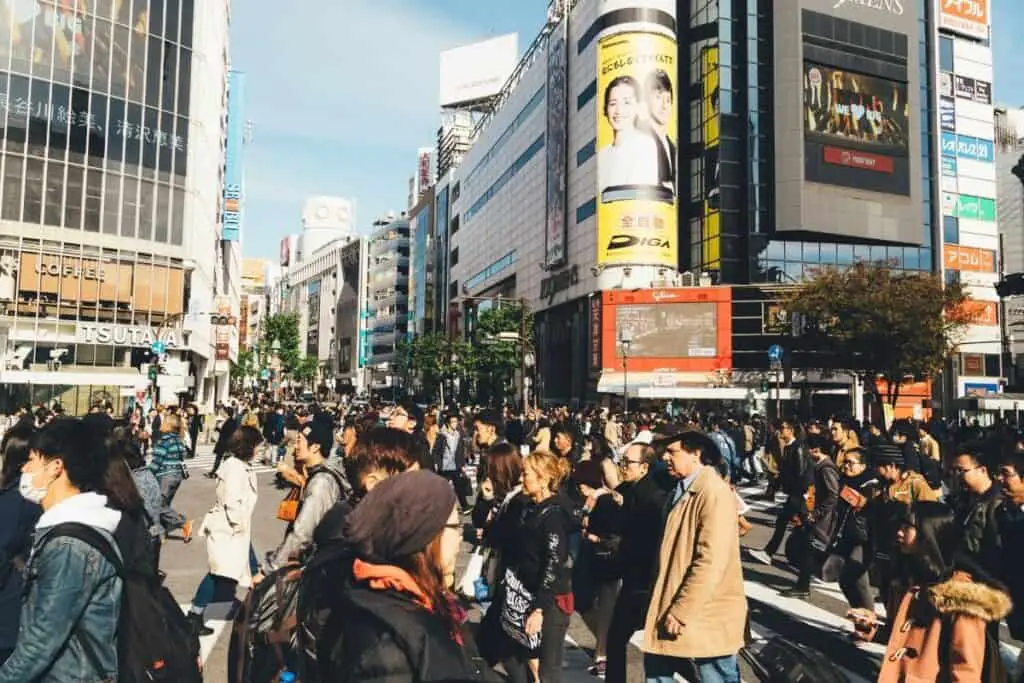
Why is it So Difficult for Japanese Locals to Communicate in English?
For three key reasons, Japanese people find English challenging:
- There are significant changes in grammar and register between English and Japanese. This, in turn, makes it harder for Japanese locals to pronounce English words.
- Some English phonemes are pronounced, such as the distinction between “r” and “l.” This does not occur in the Japanese language.
- The scarcity of native English speakers in Japan limits the possibilities for the Japanese to practise and improve their English abilities.
Japan Refuses to Become Another English-Consumed Victim
The reluctance to embrace English is especially surprising given that the English language in Japan is associated with luxury brands. Countless adverts on television feature English speaking foreigners and sell brands based on their ability to communicate in English.
Top organizations, such as Rakuten, a Japanese e-commerce website and Amazon rival, place a high value on English fluency regardless of whether or not it is required for an employee’s job.
Eikaiwa (language lesson) shows air on TV every day, and Instagram accounts dedicated to recordings of Japanese American youngsters speaking English have tens of thousands of followers.

Is Tokyo an English-Speaking City?
Tokyo is, without a doubt, the most English-speaking city in Japan.
A substantial majority of individuals in Tokyo speak some English, including those who do not work in foreigner-interaction professions, as seen by multilingual signs in the Tokyo Metro, JR Lines, and prominent locations like Asakusa and Shinjuku.
You don’t need to know any Japanese to have a good time exploring Tokyo.

Limitations You May Face If You Live in Japan and Only Speak English
You May Have Difficulty with Adult Responsibilities
If you wish to live in Japan, you must accept specific adult duties. Paying rent and utilities, creating bank accounts, and enrolling for particular government services are examples of these tasks. To be able to execute these obligations in many parts of the nation, you must have basic fluency in Japanese.
Communication May Be Difficult
The language a person speaks fluently may have a significant role here. For example, if you speak English fluently, you may find it simpler to live in Japan without knowing Japanese.
This is since a percentage of Japanese people speak some English and, as a result, you may be able to converse with them when necessary. If you are just fluent in a minor language, you will find it challenging to converse with people in Japan.
However, in Tokyo and other major cities around the country, things are progressively changing.

This is because government institutions and businesses are attempting to meet the demands of foreigners who speak little or no Japanese.
If you don’t speak Japanese, several of these establishments may have workers who can assist you.
In addition, even if you don’t know Japanese, you can utilize various websites, applications, and other services to access some services.
Your Social Circles May Suffer as a Result of your Limited Language Skills
When you move to a new nation, you will likely wish to form a solid social network. Unfortunately, if you don’t speak Japanese, you may find it challenging to make friends in Japan. This is because most Japanese people are unlikely to want to keep a connection with you.
Many Japanese people are open to becoming friends with non-Japanese, especially if you speak English. This is done to guarantee that students develop their English language skills.
They will, however, become bored of interpreting practically everything for you over time. As a result, you may begin to lose contact with the few people who remain in your social circle.

Shopping Can Be a More Difficult and Daunting Task
The majority of things you’ll discover around Japan have labels exclusively in Japanese, so doing your everyday shopping in Japan may be unsettling at first.
However, English has long been popular in the Japanese marketplace, and many items at your local supermarket may have a little English written on them to help you know what’s inside.
The Google Translator software, on the other hand, could be a lifesaver for those labels you can’t read and situations when you really need to know.
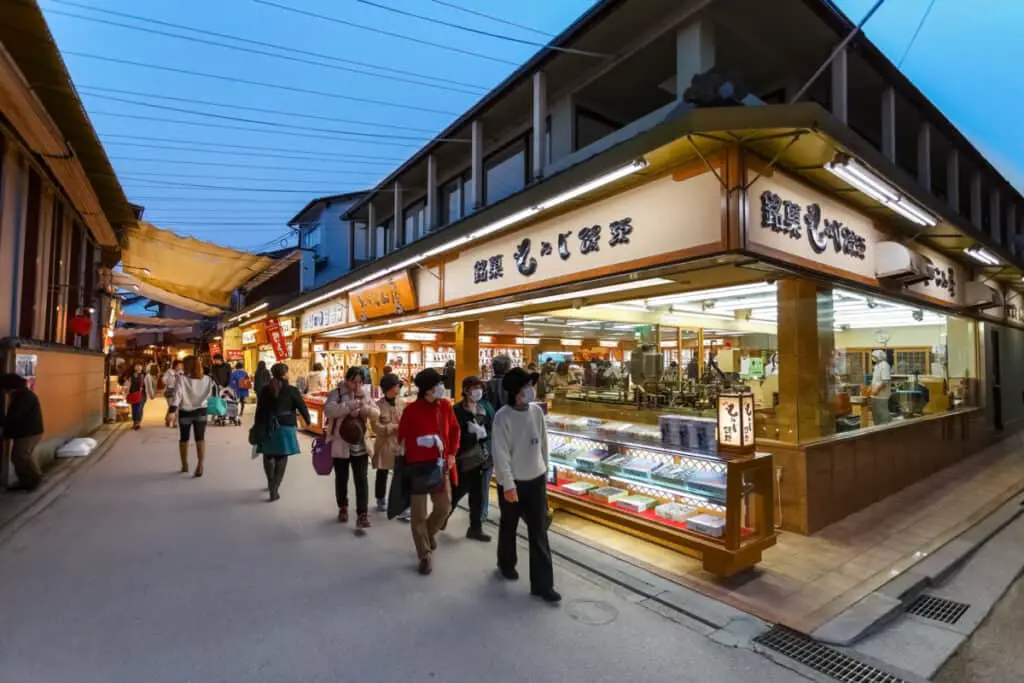
This software can translate it by hovering your camera over real-world text. While this isn’t excellent for extended phrases, it’s ideal for food items or ingredient lists.
Travelling Around Japan Can be More Difficult
During their vacation to Japan, many foreign visitors enjoy exploring the nation. If you do as well but just speak a small amount of Japanese, you will require assistance while traveling.
Many of Japan’s tourist attractions are located in tiny towns and cities where the residents rarely speak English and other foreign languages. As a result, if you only speak English, you’ll probably have trouble navigating these villages and small towns.
Japan is, nonetheless, a technologically advanced country. As a result, smartphone applications and other technology can assist you in overcoming these obstacles.
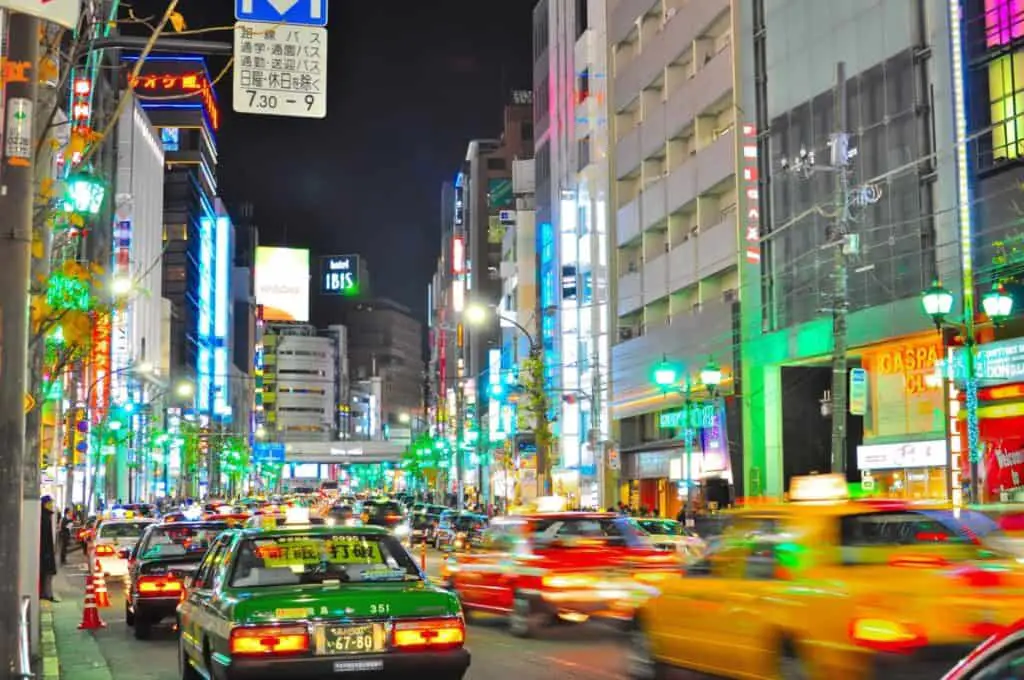
You can quickly navigate your way around cities with Google Maps, and you can even obtain correct train transfer routes and times.
Even Japanese people are always prepared to help when it comes to outsiders. So, no matter where you are in Japan, you can simply get the help you need to navigate the country.
You May Notice the Language Barrier More at the Doctors Office
Going to the doctor can be difficult and adding a language barrier doesn’t help matters. Fortunately, many physicians and nurses in Japan can communicate in English to varying degrees.
The method is straightforward. You’ll give over your residency and health insurance cards when you arrive at the hospital or clinic.
In exchange, you will be given a form to complete. You may need to seek assistance if the form does not include an English version. Bring a co-worker or friend to assist you if you’re confused and they’re willing.
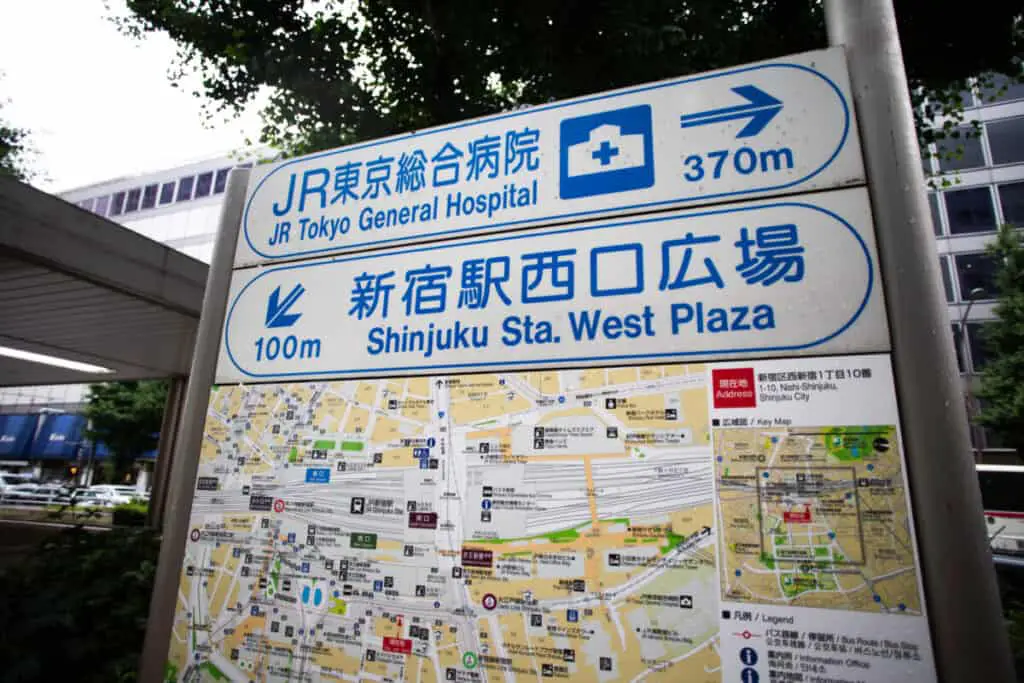
A short check on your embassy’s website can reveal several English-speaking services nearby if you live in Tokyo.
When filling out the form, you must describe your medical history, current medications, allergies, smoking and drinking habits, and any other relevant information.
Many English-speaking people feel that knowing a basic level of Japanese is beneficial in this situation, as the doctor or nurse may ask you simple questions.










